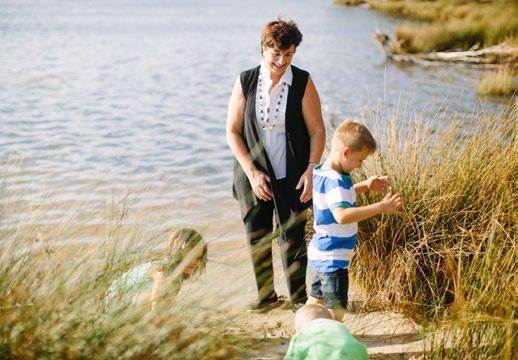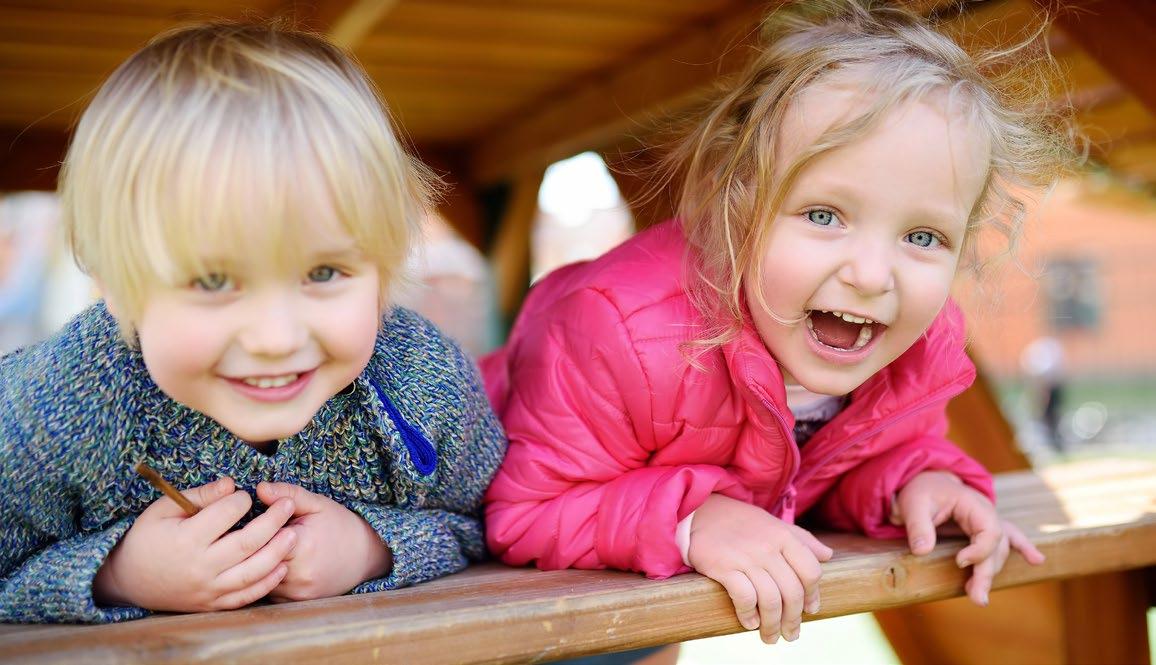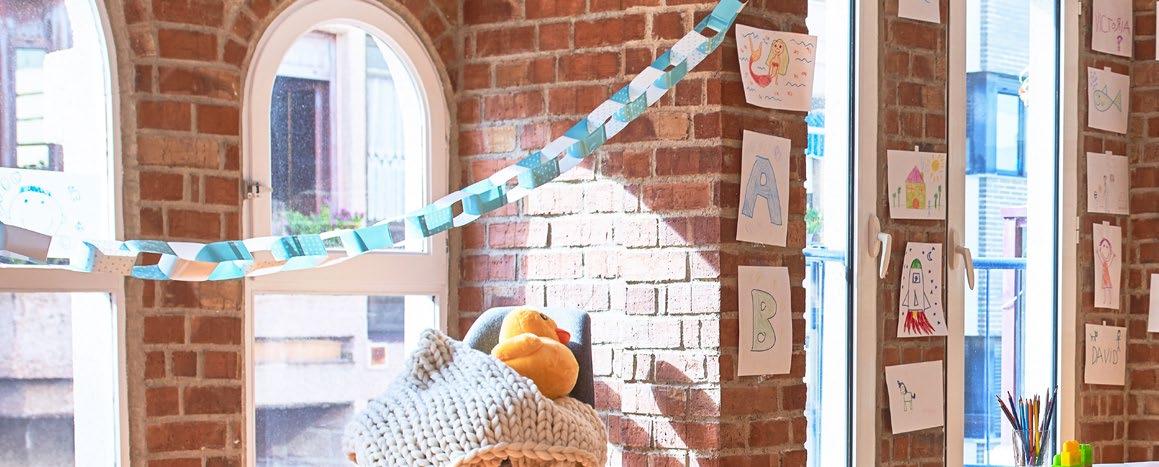
3 minute read
Relationships Antidote to Anxiety
Maggie Dent > Author, Educator, and Parenting and Resilience Specialist
There are many reasons why children today struggle more with anxiety than children decades ago. Some of those include the push down of formalised learning, increased testing for children, overscheduled childhoods, more parents working out of home and a more uncertain world.
In Australia we know that after ADHD, anxiety is the second most common mental disorder among children and teens with 6.9% or 278,000 Australian children and adolescents aged 4-17 having anxiety in the previous 12 months. Anxiety is completely normal for humans because our number one biological drive is to survive and continue our species! So anything that appears as a possible threat to survival, whether imagined or real, triggers our amygdala – our brain’s threat centre. It does this by flooding the body with neurochemicals particularly cortisol and adrenaline so that our body can quickly remove us from that threat. There is healthy anxiety, which can increase our focus and give us the extra energy we may need to complete a certain task, meet a deadline or manage a roomful of toddlers! For our children, anxiety becomes problematic when it impedes their growth and development. Just as little ones are learning to walk, talk, feed themselves, toilet themselves and play with others, they are also laying down important, calm neural pathways that can help them manage the often irrational, spontaneous anxious moments under five. Developmentally they are supposed to be anxious and worried about things in their world to keep them safe and yes that means they get upset when they lose their special comforter or you give them the wrong-coloured cup! When the EYLF was first created as a guide for those who worked in the early years to ensure high-quality care and education for children under five, the first overarching theme was belonging – followed by being and becoming. Attachment theory has helped to guide the science of child development to fully understand that the number one need for any child is a strong, safe sense of bondedness with a key caregiver. This obviously starts most often with a parent figure and for children transitioning into early childhood education and care, the process of feeling they belong in a different environment, with different grownups is a highly anxious experience. Our ‘lamb’ children – who tend to be more sensitive – tend to struggle more in this area. Separation distress and separation anxiety are not a sign of poor parenting or a weak child. Indeed it can be seen as a sign of a very strong healthy attachment relationship and the more closely educators’ work with the family the better the outcomes for the child.
Until an early childhood environment feels predictable, and the educators feel bonded as secondary attachment adults it is safe to assume that all the children will experience some form of anxiety. This may come out in different forms of behaviour such as being clingy, overly reactive, aggressive, using loud voices, meltdowns and issues around toileting with more frequent accidents. Some children can become quieter and withdrawn and mistakenly seem to be travelling okay. One of the most common mistakes that both parents and educators make around children who are struggling with anxiety, is to minimalise it. “You’re going to be fine!” or “ There’s nothing to worry about” are common phrases from well-meaning grown-ups. Another common mistake is avoidance where we just tend to protect the child from the experience that causes them to feel anxious.

Essentially, overcoming childhood anxiety that is developmentally normal or problematic, needs safe, empathetic grown-ups in homes and early childhood settings. These caring grownups who can then guide our little ones to find ways of being braver. Gradually, stepby-step they can learn small habits that allow them to conquer anxiety, most of the time.
Anxiety’s best antidote is warm, caring relationships.
Maggie Dent is one of Australia’s favourite parenting authors and educators, and host of the ABC podcast, Parental As Anything. She is presenting at the ACA National Conference at the Gold Coast in June 2021.










